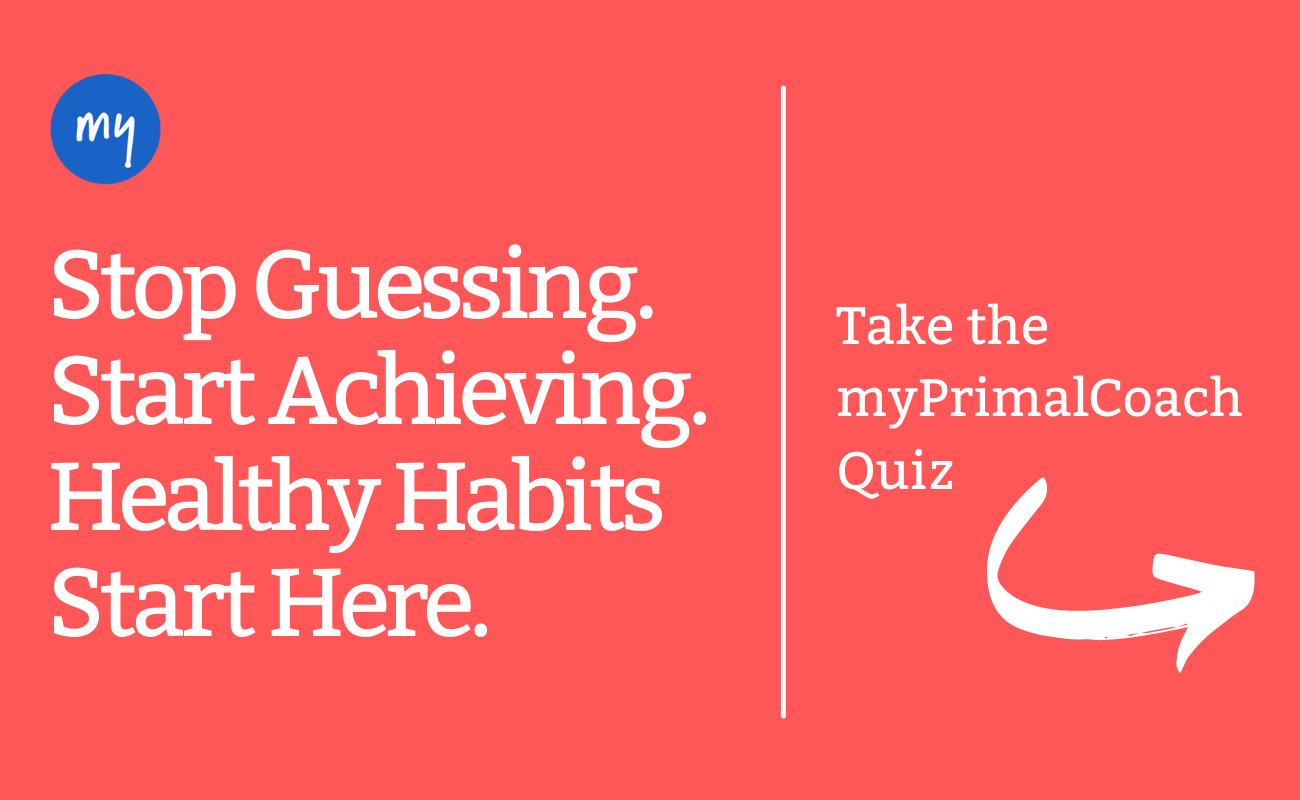Are you unsure about how to stop counting calories, and still reach your body composition goals? Then keep reading.

When it comes to counting calories, people tend to linger in a place of restriction. The focus usually falls on the calorie limit, and not consuming an abundance of whole foods for your overall health—that is no way to live! It’s time to forget the whole calories in/calories out mindset as a means to weight loss and get back to the basic tenets of nourishing your body.
But if counting has been your go-to dieting strategy for a while, that may be easier said than done. When it comes to how to stop counting calories, it helps to understand the cons of the practice and commit to revisiting them when your eyes default to that bolded first line of the nutrition label. So before we jump into how to cut the black-and-white thinking and silence your inner calorie calculator, let’s first review what calorie counting is and why it’s not the best way of approaching your food choices.
What Is Calorie Counting?
Calorie counting has long-reigned as the king of the weight loss industry. The method has served as the pillar of popular diet culture mainstays such as Weight Watchers, and it’s the foundation of how registered dietitians are trained in school. The principle is in the name—you count the number of calories you consume, typically within a day and sometimes at each meal.
Calories are simply a unit of measuring energy. The argument in favor of calorie counting is that it’s what works for weight loss. So if you eat more calories than you burn, you will put on weight. And if you consume less calories than you burn, the weight will drop off. While this may be scientifically true, and can be helpful in getting weight off in the short term, it can come with a high cost for most people
As with all restrictive diets that require living with a constant diet mentality, it is simply not sustainable. To lose weight by cutting calories, one has to be strict and consistent. That kind of calorie obsession can be downright imprisoning, in addition to a slew of other cons.
Cons of Counting Calories
There are a handful of unfavorable effects that accompany counting calories. Here are just a few of the many reasons it’s not the healthiest way to lose weight or sustain a happy lifestyle:
It Can Create an Unhealthy Relationship With Food
The habit of calorie counting often goes hand-in-hand with disordered eating and may even serve as a catalyst. A study published in 2017 in Eating Behaviors found that of the participants diagnosed with an eating disorder who used calorie tracking apps, 73 percent believed it somewhat contributed to their eating disorder, and 30 percent stated it very much did. When your attention is centered on your next meal and the caloric value of a food and what’s left in your calorie budget for the day, food freedom is next to impossible. Restricting can also come with a pendulum swing that results in a rebound effect and leads to binge eating, eventually leading to alternating between the two.
No Focus on Nutrition
When you are confined to a calorie limit, not only will that become your main focus and possibly affect your mental health, there is little to no emphasis on a nutritious diet or healthy eating—your food focus is reduced to a number with no attention to the nutritional value of what you are consuming. When scanning nutrition labels, your eyes will stop at the calorie content and most likely disregard important macronutrients, such as healthy fats. There are no rules other than that number, so whether one eats three candy bars or three balanced meals, it’s of no concern as long as they stay below their pre-determined calorie allotment. This mindset can lead to possible lack of variety and nutrient deficiencies.
Reduced Resting Metabolic Rate
Severe calorie restriction can also reduce metabolism and lead to muscle loss, especially if you aren’t physically active. Consistently eating too few calories can cause your metabolism to slow down and continue to function at a slower rate even after you resume a higher calorie intake. Ultimately, unless you plan on counting calories forever, you will likely put the weight back on.
Women’s Health Woes
Restricting calories can affect hormone levels and lead to menstrual issues, infertility, and bone loss. Severe calorie restriction can even stop a woman’s cycle altogether. In order to ovulate, a woman needs balanced hormones, and hormones need sufficient energy to maintain healthy levels.
5 Tips for How to Stop Counting Calories
If you’ve decided you’re ready to ditch the chronic dieting and counting calories, here’s how to do it:
1. Delete the Apps
For starters, put down the calculator. While it may take a while for your mental calculator to silence, deleting any calorie counting apps and trackers can get the ball rolling. You do not need a third party to tell you how many calories you should or should not be eating. Your body is way smarter than you and will let you know its energy requirements.
2. Cut the Junk Food
Processed foods can mess with your natural hunger cues. A study published in PLoS One in 2105 found that ultra-processed foods are associated with addictive-like eating. A separate study published in 2017 in the same publication found a correlation between highly processed foods and a lack of control eating them plus an increase in cravings. How on earth are you supposed to listen to your body and properly nourish it when the lines of communication are crossed?! Learning how to listen to your body and how to decipher your hunger cues will follow suit when you consume whole, unprocessed foods that keep the lines open.
3. Shift the Focus
Center your food choices around the actual ingredients in a dish or item. Make nutrient-dense foods the focus and not the number tied to them. In other words, make the source of the calorie the focal point and not the calorie itself. Remember that a calorie is just a unit of measurement for energy. It’s not bad or good. It just is. Aim to consistently choose the best, most high-quality source of that unit and your body will work out the amount it needs for you.
4. Be Present When You Eat
If you want your body to start communicating with you, you need to slow down and give it a chance to! Be mindful when you eat, chew your food thoroughly, put down the phone, and enjoy your meal. This is how you learn to tap into your hunger signals.
5. Think Cumulatively
Your food intake will vary from minute-to-minute to decade-to-decade, and that is A-OK. Some days you may be hungrier and consume more food than others. Other days, you may feel like skipping breakfast or having a light dinner. When you eat real food and follow a primal way of life, that’s just what ensues. So many factors go into your hunger levels, from menstruation, to activity levels, to even the season. Instead of thinking that staying in a caloric deficit is the be-all end-all, the ultimate goal of eating is not a calorie goal—it’s nourishing your body.
Summary
The days of obsessive calorie counting are over. Our energy needs are nuanced and vary on a day-to-day basis. Adhering to a strict number of calories and not focusing on nutrient dense foods is not doing your body any favors.
And while trends such as intuitive eating are a step in the right direction, the basic premise of healthy eating comes down to one simple tenet—eat real food. Intuitive eating is unlikely if you are consuming highly processed foods, but becomes second nature when following a primal way of eating.
A myPrimalCoach may be the missing link you need to reach your health goals. Whether you’re looking for personalized solutions for how to stop counting calories, just want to increase physical activity levels, or simply reach better nutrition goals, a coach is a valuable tool and resource to do so.

